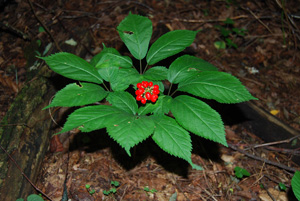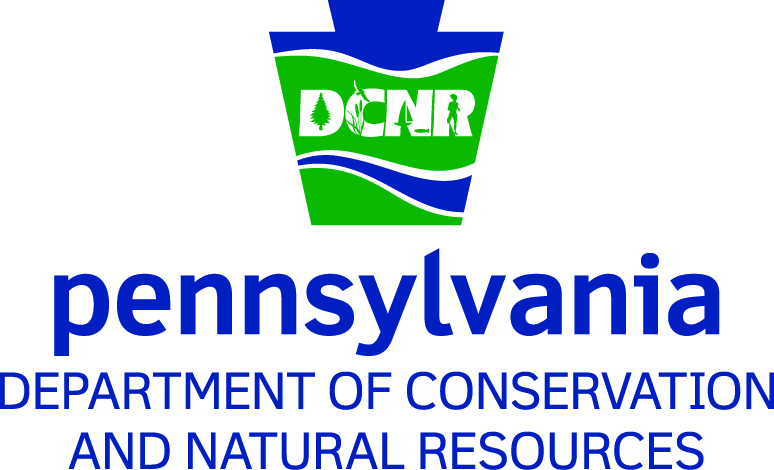DCNR gives guidance on harvesting wild ginseng
Department of Conservation and Natural Resources (DCNR) Secretary Cindy Adams Dunn and Pennsylvania State Forester Ellen Shultzabarger reminded Pennsylvanians to abide by state guidelines for harvesting wild ginseng in Pennsylvania.
Wild ginseng harvesting season began September 1 and runs until November 30.
American Ginseng (Panax quinquefolius), is classified as “Pennsylvania Vulnerable” because it is in danger of decline as a result of frequent removal from its native habitats for commercial or personal use.

“Ginseng continues to be an important part of Pennsylvania’s heritage and its natural forest ecosystems, which is why we encourage harvesters to use good stewardship practices when collecting wild ginseng plants,” Dunn said. “We at DCNR remain committed to educating the public about protecting this critical plant and are working with our partners to ensure the plants are protected from excessive harvesting.”
American ginseng has been protected since 1975 under an international treaty known as CITES (Convention on International Trade in Endangered Species of Wild Fauna and Flora), which requires its export to be regulated by the U.S. Fish & Wildlife Service.
Ginseng takes up to 10 years to reach maturity and environmental stresses such as habitat loss, climate change, deer browse, and illegal harvesting decrease the chances of survival for the plants.
Many people collect ginseng wild from forests, while some choose to grow it in plots. People who harvest wild ginseng must follow these regulations and guidelines to maintain healthy populations:
- Collection is not permitted on state lands
- Collect only mature plants with at least three five-pronged leaves and red berries
- Collect only during harvest season (September 1 through November 30)
- Plant seeds near the harvested plant to ensure future ginseng plants
- Permits are not needed for collection, but you must get permission from a private landowner first
- Poaching is illegal
“Creating and maintaining a sustainable future for these vulnerable plants is the only way to preserve the longstanding American tradition of ginseng use, sale and trade,” Shultzabarger said. “The health of the species and the economic benefits are intertwined. We must continue to be good stewards of this critical resource for future use.”
Ginseng dealers must obtain a license to sell or trade the plant. Failure to comply is a federal offense that carries penalties.
Harvesting ginseng does not require a license; however, DCNR oversees the Vulnerable Plant License Commercial Process, which grants licenses to those looking to sell or trade the plants.
Harvesting ginseng in Pennsylvania and taking it out of state without a vulnerable-plant license is prohibited.
The licensing program collects transaction information from sales to track the quantities of wild ginseng and other vulnerable plants collected for export from Pennsylvania forestlands. Accuracy is critical to protecting vulnerable plants.
Visit DCNR’s website for more information on harvesting ginseng in Pennsylvania.
About DCNR:
Established on July 1, 1995, the Pennsylvania Department of Conservation and Natural Resources (DCNR) is charged with maintaining and protecting 121 state parks; managing 2.2 million acres of state forest land; providing information on the state’s ecological and geologic resources; and establishing community conservation partnerships with grants and technical assistance to benefit rivers, trails, greenways, local parks and recreation, regional heritage parks, open space, and natural areas. DCNR’s mission is to conserve and sustain Pennsylvania’s natural resources for present and future generations’ use and enjoyment. Learn more at DCNR.pa.gov.



